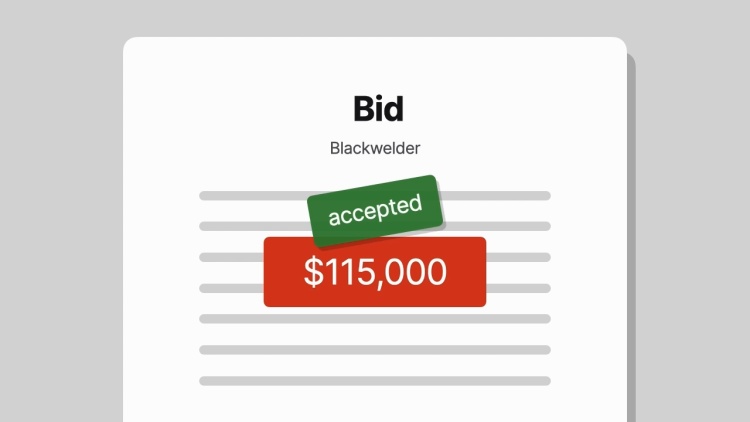Licari v. Blackwelder
Connecticut Appellate Court
539 A.2d 609 (1988)
- Written by Dennis Chong, JD
Facts
A set of six siblings (plaintiffs) (the sellers), who were relatively unsophisticated in real estate transactions, inherited the family home in Westport from their parents. They decided to sell the house and, on a neighbor’s recommendation, contacted Robert Schwartz, a Norwalk real estate agent, for that purpose. Schwartz contacted Blackwelder (defendant), a Westport real estate agent, for assistance, and they agreed to share the commissions equally if any of Blackwelder’s clients decided to buy the home. Schwartz obtained the listing and showed the home to one of Blackwelder’s prospective buyers at an asking price of $125,000. Soon after the showing, Blackwelder put his own bid on the house for $115,000, without negotiating with the earlier prospective buyer and without disclosing to the sellers his valuation of the property. The sellers accepted the bid from Blackwelder, believing it to be the fair market value of the house. Instead of occupying the house or beginning any improvements and immediately after the paperwork was signed, Blackwelder sold the house again for $160,000. The sellers sued Blackwelder, alleging that Blackwelder breached his fiduciary duty to them by failing to advise them of other interested buyers, and by misleading them into accepting its low bid. The trial court found that Blackwelder had in fact breached his duty to the sellers, and awarded the sellers $45,000 plus interest. Blackwelder appealed.
Rule of Law
Issue
Holding and Reasoning (Bieluch, J.)
What to do next…
Here's why 899,000 law students have relied on our case briefs:
- Written by law professors and practitioners, not other law students. 47,000 briefs, keyed to 994 casebooks. Top-notch customer support.
- The right amount of information, includes the facts, issues, rule of law, holding and reasoning, and any concurrences and dissents.
- Access in your classes, works on your mobile and tablet. Massive library of related video lessons and high quality multiple-choice questions.
- Easy to use, uniform format for every case brief. Written in plain English, not in legalese. Our briefs summarize and simplify; they don’t just repeat the court’s language.





